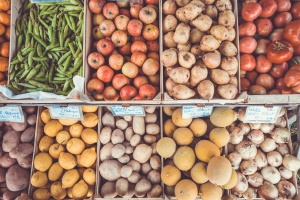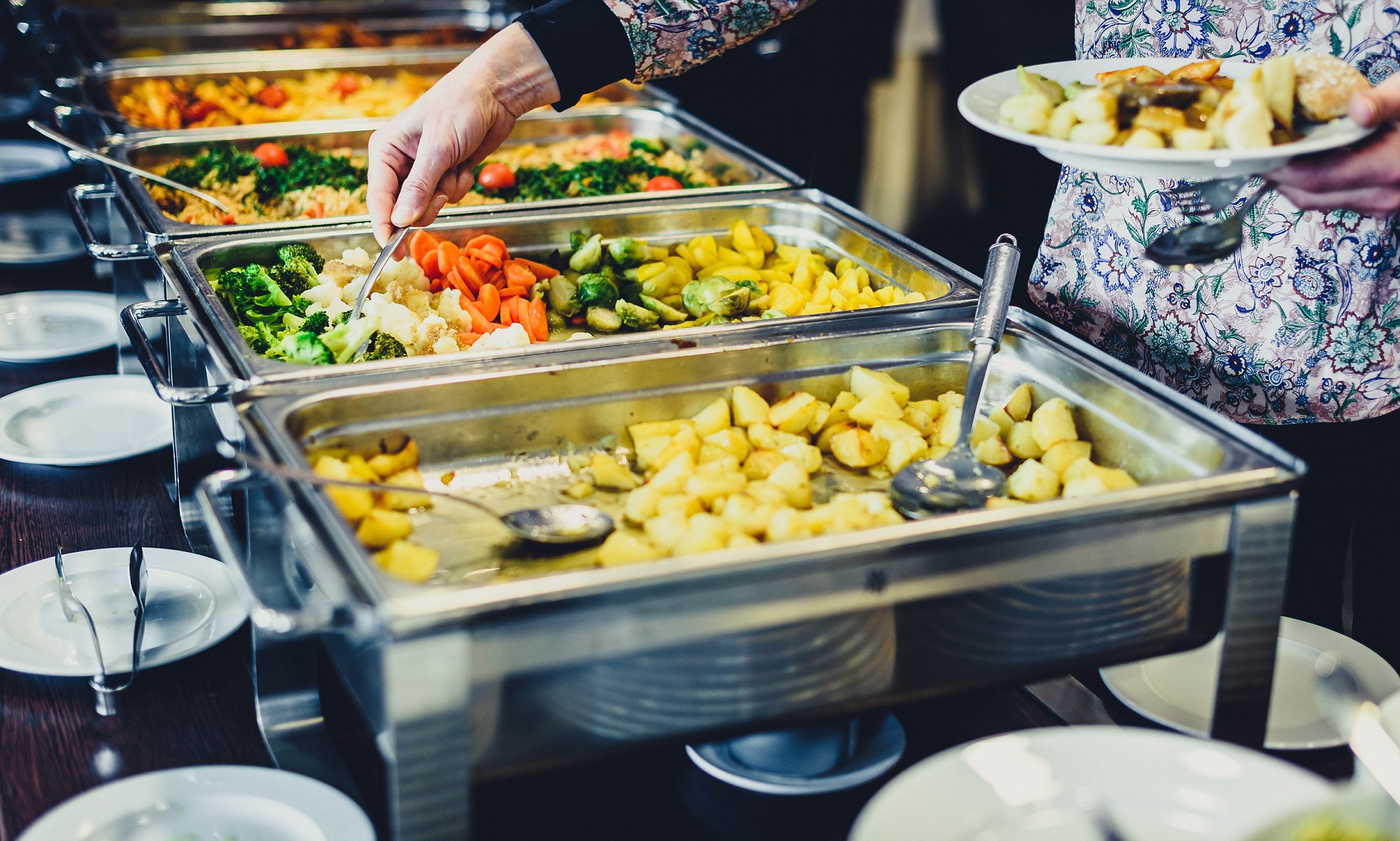5 Steps To Eating Healthy When Travelling

Whether you’re planning a business trip, a weekend away or a full-blown vacation, there are plenty of things to consider before you set off on your travels.
Many people often overlook the importance of maintaining a healthy diet, but eating well doesn’t have to be an impossible task while you’re away from home.
Fast-food outlets, oversize portions, unhealthy snacks, over-sweetened beverages and over-indulgence of alcohol are amongst the many temptations travellers face.
However, with a little careful planning ahead of your trip it is certainly feasible to maintain a healthy diet without ruining your trip. Read on as we look at five steps to eating healthy when travelling.
Prepare food ahead of your trip
For business trips, short breaks, journeys to the airport or travelling on public transport, taking your own food with you is a great way to ensure to eat healthily.
While it might be tempting to eat out, the likelihood is that you will over-indulge and make a big dent in your healthy eating plan.
Preparing food ahead of your trip will ensure you avoid this pitfall and will also help you save money in the long run.
Stephanie Lincoln, personal trainer and eating psychology expert, says she purchased a food cooler that she plugs into the power source in her car so she can take her own produce when she is travelling.
“I meal prep and bring lunch, dinner, snacks and drinks for each day of a trip,” she said. “So all I have to do is open up the cooler and grab my food.
“For flights, I bring a lunch box that has the insulation that you can freeze, and pack small containers of salad with protein, salad dressing, boiled eggs, carrot sticks, hummus and so on.
“Anything else goes in my carry-on - nuts, beef jerky, apples, individual packets of nut butter, individual cans of tuna or chicken salad, protein shakes and a blender bottle.”
Try meal replacement products
Meal replacement products have grown in popularity over the past few years, although many people remain uneducated in respect of their various benefits.
Using the best protein powders as meal replacements is a much better option than gorging on a calorie-laden burger and soft drink from a fast-food outlet.
The formulas are usually protein based, contain very few carbohydrates, and have vitamins and minerals added into the mix.
Meal replacements try to cover the body’s protein requirements in as few kilojoules as possible, making them an excellent option for people who are travelling.
Nutrition and dietetics expert, Professor Clare Collins, says meal replacements offer a sensible alternative for travellers, but recommends incorporating them into a broader healthy diet.
“The more days you have a restricted type of eating pattern or a severe kilojoule restriction, the more important it is that on the other days, your nutrient intake is maximised by following a very healthy eating pattern,” she said.
“You need to get enough fibre, folate, B vitamins, iodine, iron, zinc and other essential nutrients, so that you don’t end up with some sort of nutrient deficiency because your diet is so restricted.”
Research your destination
The internet has made it extremely easy to check out the places you’re planning to visit before you head off on your travels.
Searching for the best places to source healthy food is a simple task, with review sites providing a plethora of information for destinations across the world.
Learning some simple food-related phrases can also help, whether you’re planning on visiting a local supermarket or heading off to a restaurant.
Chicago-based dietitian and spokesperson for the Academy of Nutrition and Dietetics, Jennifer Bruning says doing research ahead of time is a crucial part of travelling.
“Sometimes it’s hard to make a decision on the fly, especially when there’s so much new info on the menu,” she said.
“If it’s a language you’re less familiar with, know what a few dishes are called ahead of time. That way you can recognise the words and use those dishes as your go-to order.
“Some items to consider include fresh veggie dishes, legumes, whole grains and lean sources of protein, like fish.”

Don’t be greedy!
Everyone tends to stick to a set routine for their meals when they eat at home, but the wheels often fall off when people go travelling.
All-inclusive hotels are notorious for helping you pile on the pounds, offering an endless supply of food and drink while you’re on vacation.
Although there are likely to be plenty of healthy food options available, many people fall into the trap of pigging out when everything is ‘on tap’.
While over-indulging might seem like fun at the time, it can play havoc with your digestive system, particularly if you eat late at night.
Excessive alcohol can also cause you to pile on the pounds, another factor that can cause chaos with a healthy eating plan.
JoAnn Yanez, Executive Director of the Association of Accredited Naturopathic Medical Colleges, advises moderation when people go travelling.
“Don’t feel the need to eat three full restaurant meals a day,” she said. “For most people, three full restaurant-sized portions are too much for a day’s caloric intake. You can ask for half portions or order from the appetiser menu.”
Enjoy the freedom of self-catering
Going away on vacation might seem like defeating the object of travelling, but it is an excellent way to ensure you stay in control of your food intake.
Self-catering holidays offer a great degree of flexibility, but also provide you with a base where you can keep on track with your healthy diet.
Food and travel expert, Jennifer Kanikula, says that you shouldn’t neglect the benefits of cooking for yourself while you are away.
“Part of travelling is dining out and trying new foods so I am in no way discouraging this,” she said. “But the chances are you’ll be consuming unnecessary calories and spending more money when you’re dining out.
“When you have the ability to cook for yourself, you have more control over what you’re consuming and have the option to prepare something healthy.
“I always look for an accommodation in the place I’m visiting that includes a kitchen so I can prepare the majority of meals myself and save a few for a night out.”

